Everything is politics
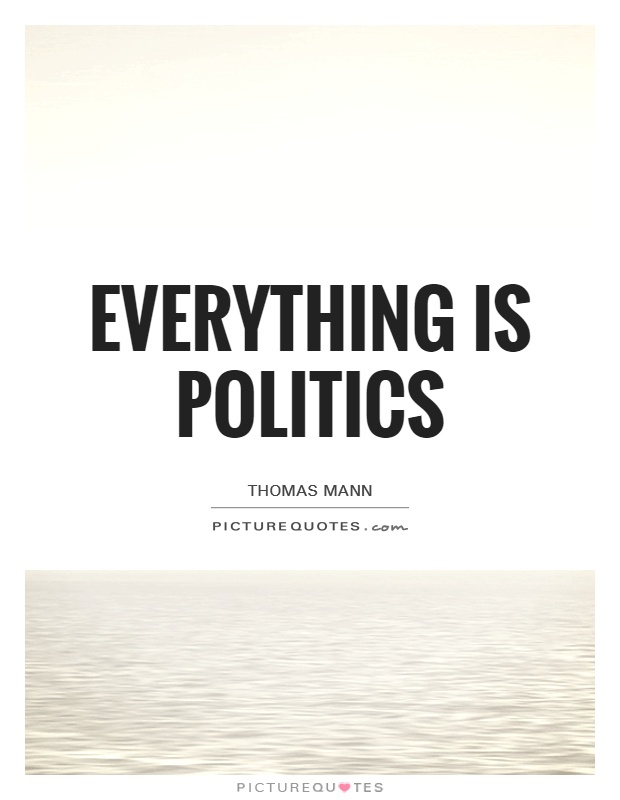
Everything is politics
Thomas Mann, a renowned German novelist and social critic, once famously said, "Everything is politics." This statement encapsulates Mann's belief that politics permeates every aspect of human life, shaping our beliefs, values, and interactions with others. In the context of Mann's work, this idea is particularly relevant as his novels often explore the intersection of politics and personal morality.Mann's most famous work, "The Magic Mountain," is a prime example of how politics influences the lives of individuals. Set in a sanatorium in the Swiss Alps, the novel follows the protagonist, Hans Castorp, as he grapples with questions of morality, identity, and the nature of power. Throughout the novel, Mann uses the sanatorium as a microcosm of society, where different characters represent various political ideologies and power dynamics.
One of the central themes of "The Magic Mountain" is the tension between individual freedom and societal norms. Mann explores how politics can shape our understanding of ourselves and others, as characters like Settembrini and Naphta embody conflicting ideologies that influence Hans's worldview. Settembrini, a humanist and advocate for liberal democracy, represents the values of reason, progress, and individualism. In contrast, Naphta, a Marxist and advocate for revolutionary socialism, embodies the values of collectivism, sacrifice, and the greater good.
Through these characters, Mann illustrates how politics can shape our beliefs and values, influencing our relationships with others and our understanding of the world. In "The Magic Mountain," politics is not just a backdrop for the narrative but an integral part of the characters' identities and motivations. Mann suggests that our political beliefs are not separate from our personal morality but are intertwined with our sense of self and our place in society.
Overall, Mann's assertion that "everything is politics" is a powerful reminder of the ways in which politics permeates every aspect of our lives. In his novels, Mann explores how politics influences our beliefs, values, and interactions with others, shaping our understanding of ourselves and the world around us. By examining the intersection of politics and personal morality, Mann invites readers to reflect on the ways in which our political beliefs shape our identities and relationships, highlighting the complex and often fraught nature of human existence.
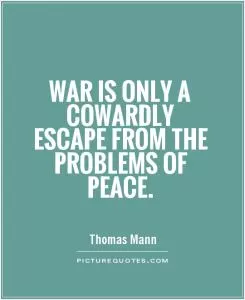
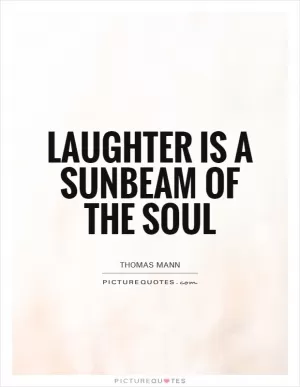
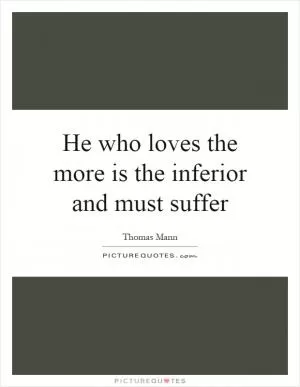
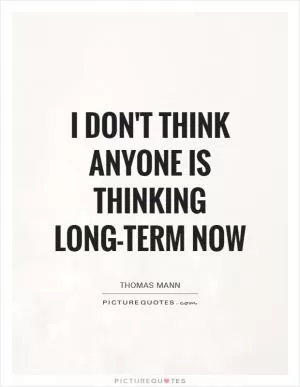
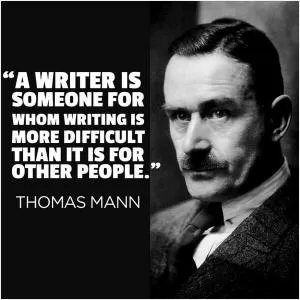
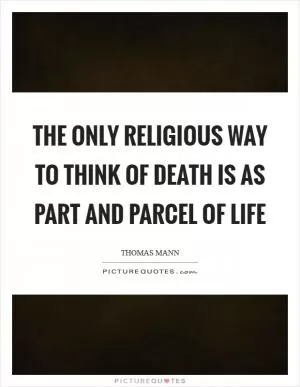
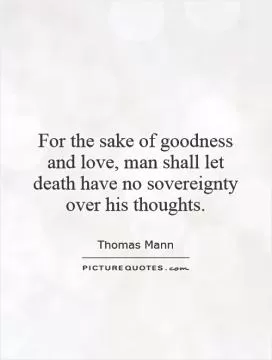
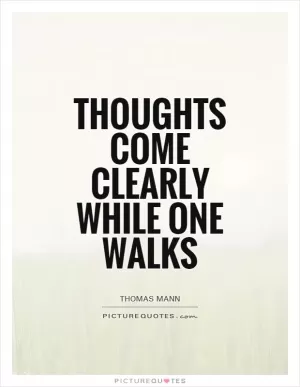
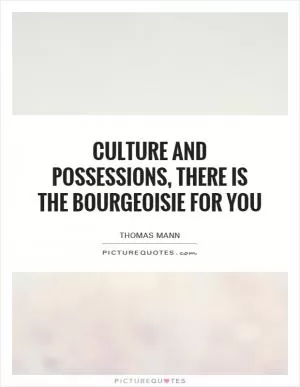
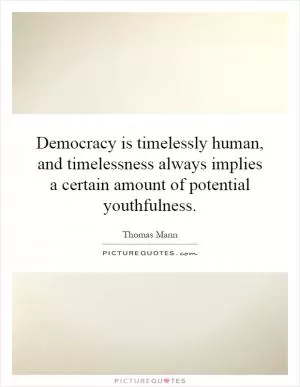
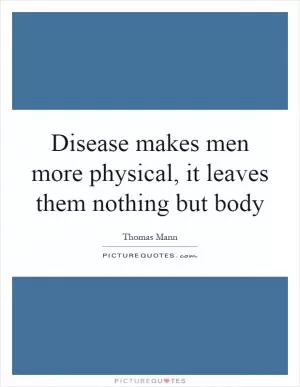

 Friendship Quotes
Friendship Quotes Love Quotes
Love Quotes Life Quotes
Life Quotes Funny Quotes
Funny Quotes Motivational Quotes
Motivational Quotes Inspirational Quotes
Inspirational Quotes